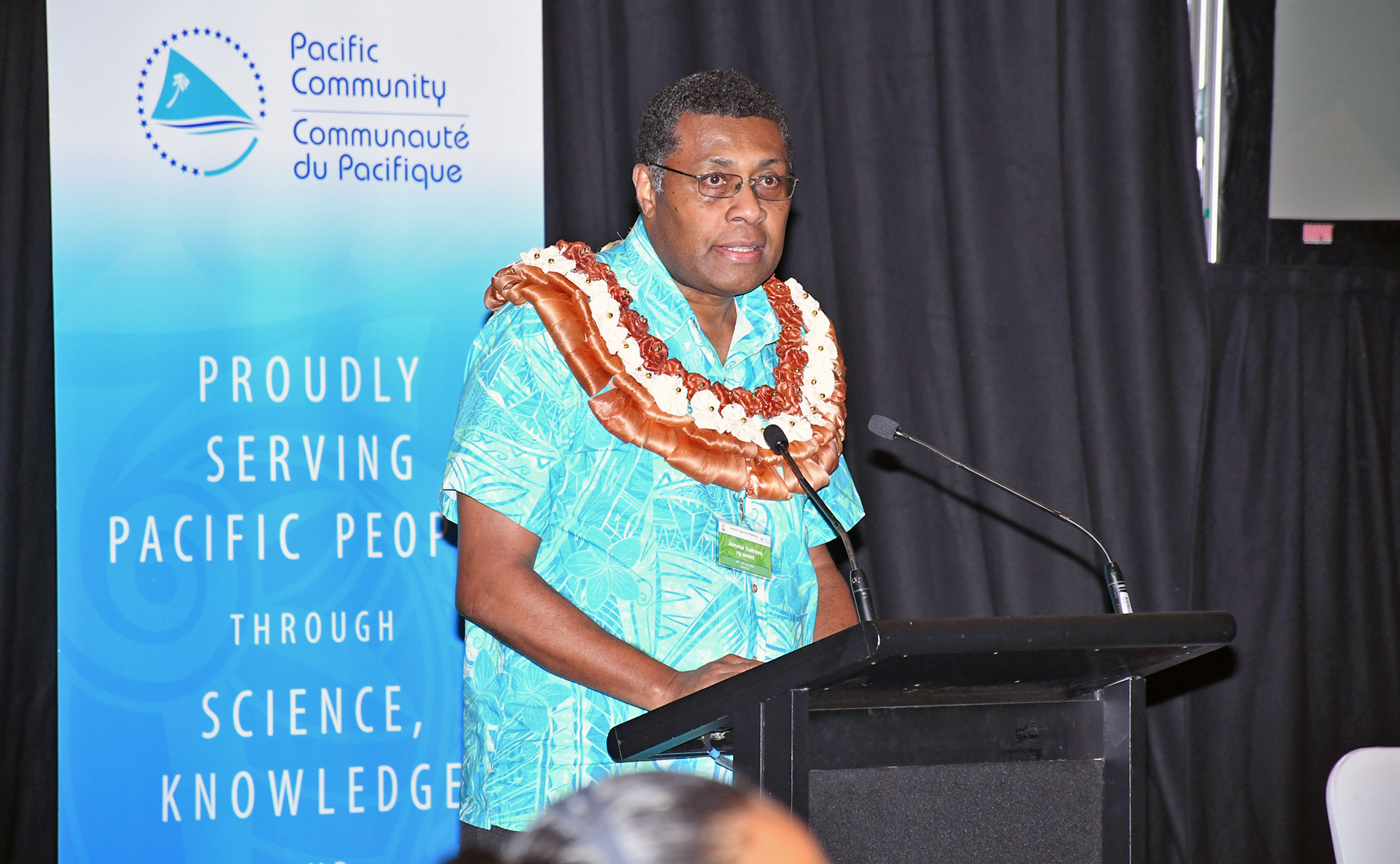FIJI is battling a fast-paced HIV outbreak, says permanent secretary for Health Dr Jemesa Tudravu.
Officiating at the opening of the 2025 Regional Pacific Public Health Surveillance Network Meeting in Nadi yesterday, Dr Tudravu said the region needed to find better surveillance and control solutions.
“In this current time, Fiji is battling a fast-paced HIV outbreak, while many of our Pacific countries are experiencing dengue fever outbreaks that are causing severe diseases and deaths in our communities,” he said.
“Typhoid fever still plagues several countries in the region, including Fiji, and I am glad that these important public health issues for our region will be discussed during this meeting. We must use multi-source surveillance systems that use climate, vector, animal health, and other relevant data that increase predictability and early warning.
“We need local research and evidence to inform policies and decision-making.”
He said it was well known that about 90 per cent of global health research funding was spent in developed and well-resourced countries, where a significant portion of the funding was directed towards health problems prevalent in those countries.
“One analysis showed that only a small percentage of funding for NCDs research reaches poorly resourced countries like the Pacific, where the burden of NCDs is high.
“We know for a fact that underlying NCDs exacerbate presentations of infectious diseases such as dengue fever, COVID-19, etc, and increase case fatality.
“We need to move the dial and make the shift so that health research funds can be channelled to under-resourced countries like the Pacific Island countries and territories (PICTs) so that we can find local solutions for our problems.
“This is where our allied partners and research and academic institutions play an important role in providing the much-needed technical assistance to write proposals and help in resource mobilisation for our region.”



